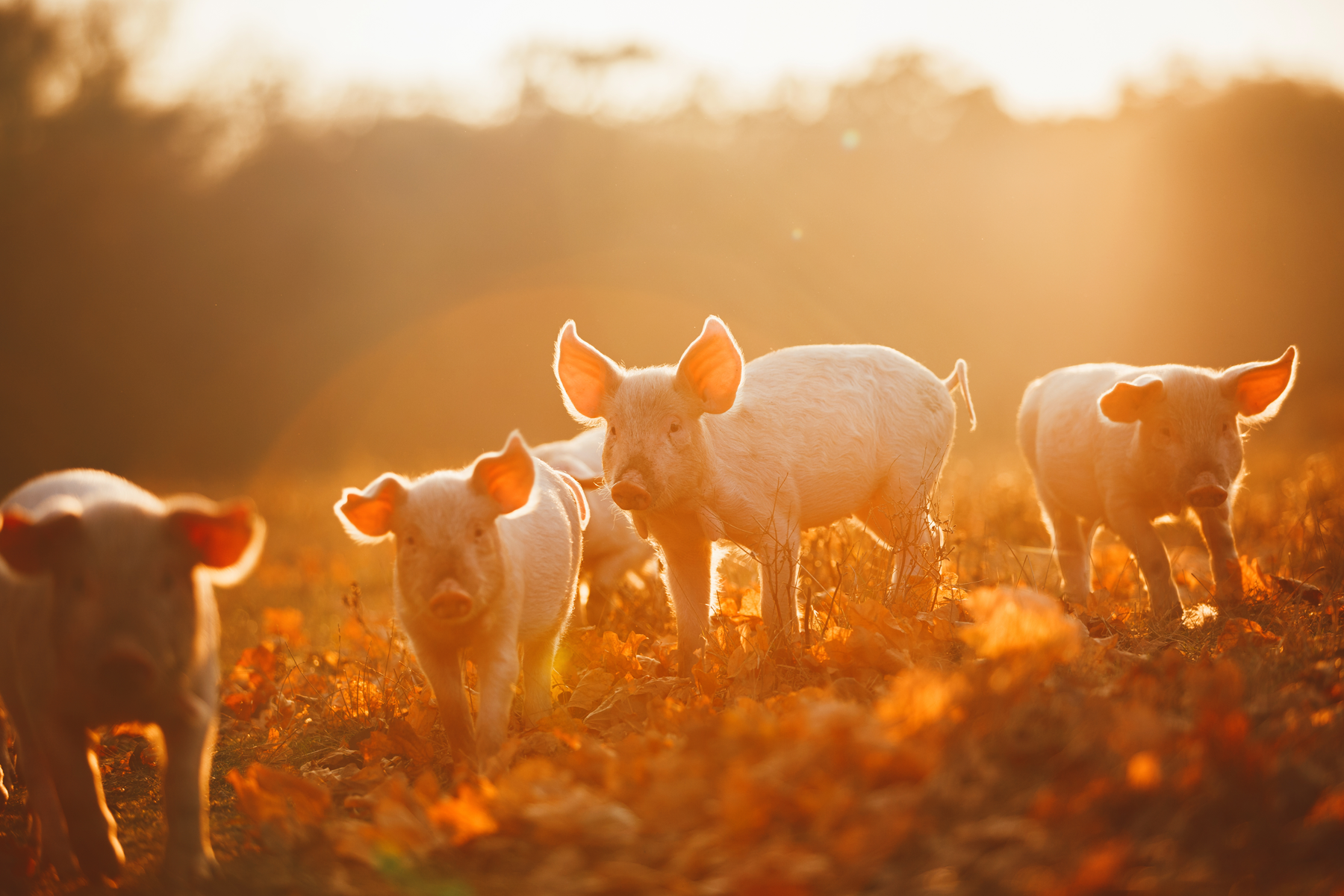

Europe’s compound feed industry recently met in Lyon. The agenda of this high-level meeting included two major issues: How can we reduce antibiotics in animal feed? And how can we sustainably improve the welfare of animals that are bred and kept for human consumption? The fact that these issues were so prominent at the General Assembly of the FEFAC, one of the most important meetings of the feed industry, sends a very clear signal: not only must we talk about these issues, we must also take action. Not just because new legal provisions restrict the prophylactic use of antibiotics even further. And not just because consumers in Europe, as in the rest of the world, increasingly want to be informed about livestock breeding conditions and husbandry. But because it is our responsibility as people, companies and an industry as a whole to deal with these issues.
Although the use of antibiotics in the EU has been visibly decreasing since 2010, as also established in Lyon, much more yet would be possible with the products available today. Animal feed quality is key. Feed additives, whose targeted use both ensures the optimal supply of nutrients and promotes animal health, are another important tool and a major component of optimised health management, even without prophylactic antibiotics.
The choice of natural, reliable and convenient alternatives is remarkably vast:
Treating sick animals with antibiotics is still an extremely important component, which we will not be able to forgo in the foreseeable future. This is precisely why it is all the more important to eliminate antibiotics when effective and sometimes better alternatives exist. We should and must do whatever can be done to reduce the risk of resistance to antibiotics. Now. A holistic approach that takes full advantage of breeding opportunities, the development of innovative vaccines, healthy animal nutrition and good farm management has the greatest potential to further reduce the use of antibiotics.